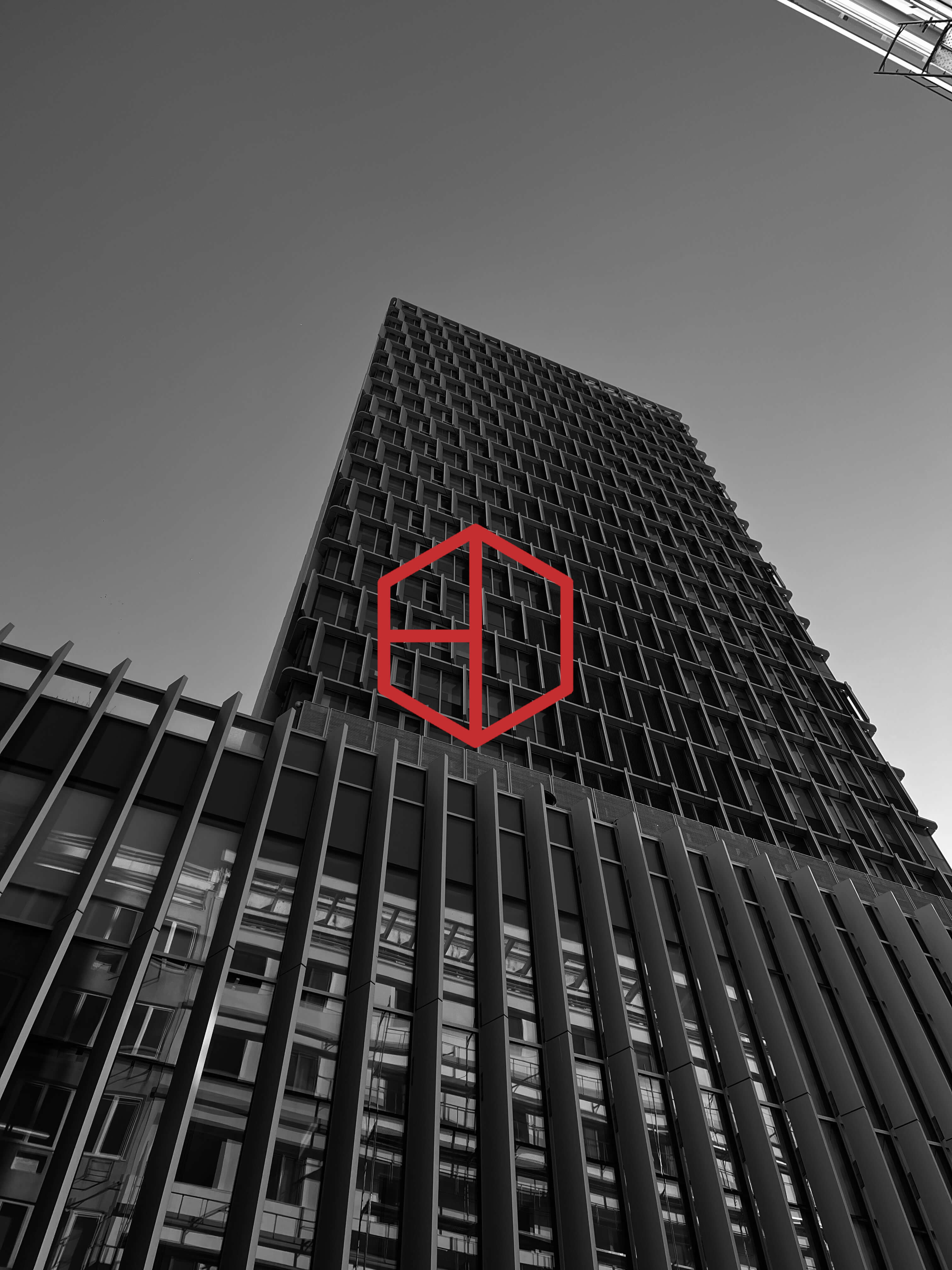From the moment a guest walks through the door, your hotel instantly becomes much more than just a collection of rooms. It becomes an experience!
Hotels have been striving for centuries to offer the highest quality of hospitality possible, given the resources and technology available. Hotels are known, in fact, for finding new, innovative and elegant ways to use the latest inventions.
When the cutting-edge technology of the time was gas lamps and telegraphs, you can bet that the high-end hotels of the era were lit all night and offered high-speed communication services. Today, not much has changed…
Hotels have electronic door locks, mobile booking and check-in before guests even arrive, and many are constantly updating their services to include things like virtual tours and “smart” automations.
Hotels and High Technology
Hotels that pride themselves on their technological prowess are now catering to a new generation of guests, the high-tech kids who grew up with Gameboys, Palm Pilots and flip-telephones. When this generation of guests book a room at your hotel, they expect the best. Touchscreen check-in in the lobby, high-speed Wi-Fi and USB charging ports in the rooms are simply essentials.
With today’s frenetic pace of technological madness, it seems like the more technology you can add to your guest experience, the better. Just as guests choose hotels that offer spa treatments, stunning views, and vacation experiences they couldn’t have at home, offering a first taste of new technology has a powerful appeal. But one thing that few guests think they need to worry about is safety and security.
Hotels everywhere have been protecting their guests from invasions of privacy for centuries, anyway. Why should that change now?
The challenges of modern visitor protection
The problem is that guest protection has become infinitely more complex over the past twenty years. In the past, it was a matter of securing elevators or refusing to answer questions about your guests. Hotel guest protection duties ranged from preventing uninvited guests to preventing people from wandering the hallways.
Even if someone knows a guest’s name and can visually recognize them, every good hotelier knew that this does not mean that the guest also wants to meet them or be informed of their stay. However, today, your guest information does not just exist on a piece of paper or in the minds of your staff. It is on your computers, and those computers are connected to the internet 24/7.
In many cases, very private guest information isn’t confined to local hotel servers. Their names, booking dates, and credit card information are transmitted across the internet via your website and third-party websites. And, there’s no doubt about it, hackers are after this information.
To be continued…


